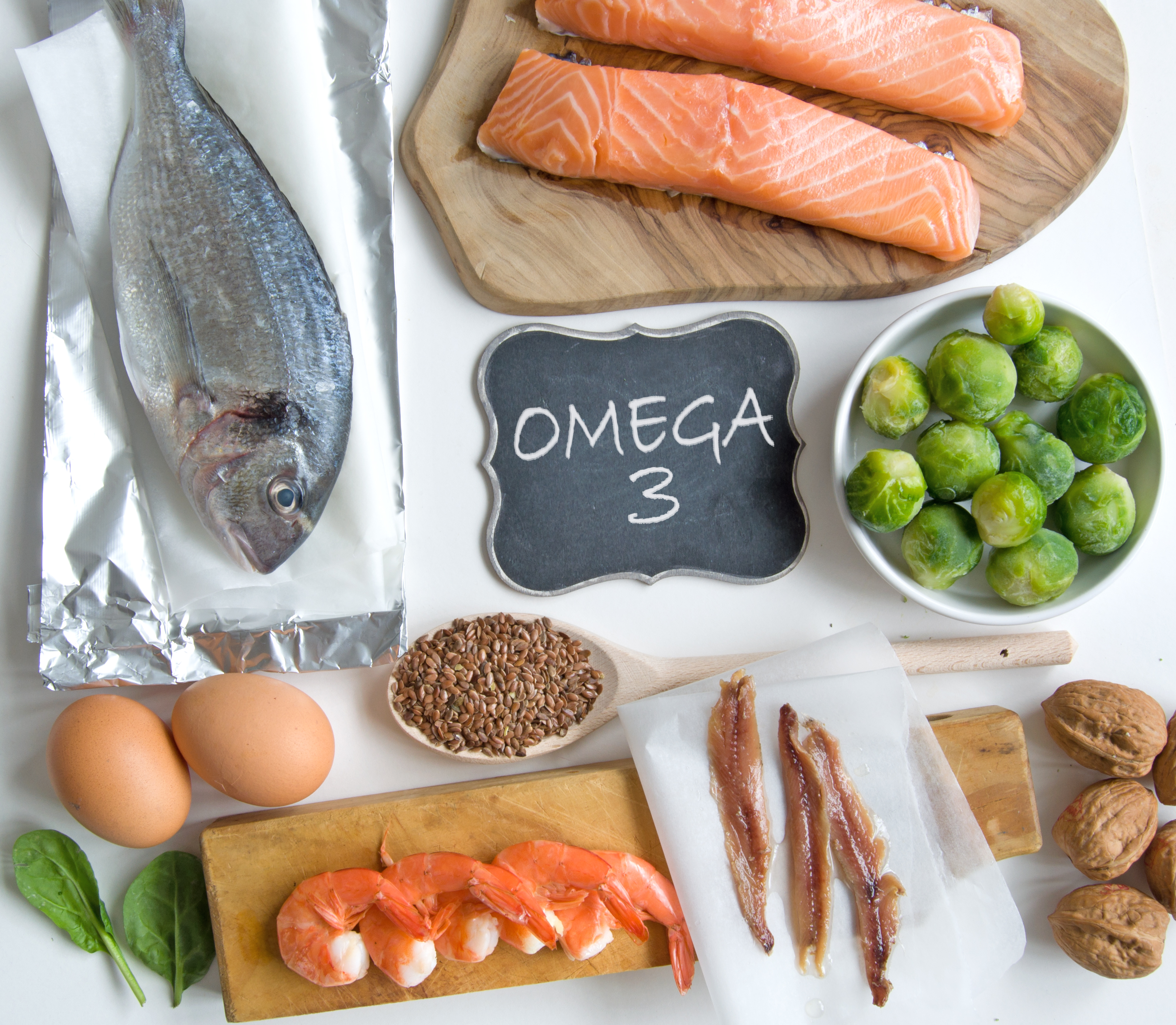Inflammation in the body can contribute to an array of health problems your patients may already be experiencing. Inflammatory foods can intensify the health issues associated with inflammation. Of course, some conditions require more rigorous treatment. However, suggesting an anti-inflammatory diet can help your patients cope with minor symptoms. An anti-inflammatory diet isn’t just great for fighting inflammation. Anti-inflammatory foods are part of a balanced diet that can contribute to the overall health of your patient. Check out these inflammatory foods to avoid. Also, find out which anti-inflammatory foods can help reduce inflammation in your patients.
Why Should Inflammatory Foods Be Avoided?
What is Inflammation?
Severe inflammation is thought to lead to a wide variety of health issues. Inflammation in the body is correlated with acne, rheumatoid arthritis, weight gain, depression, sleep issues, digestive issues, heart disease, asthma and more. If your patients are suffering from these conditions, a diet filled with inflammatory foods can further aggravate their symptoms.
While diets full of anti-inflammatory foods can help relieve their symptoms, it’s important to remember that there are many other factors that can trigger asthma and other conditions. Be sure to explore all treatment options before making the best decision for your patient.
Inflammatory Foods to Avoid
Inflammatory foods are foods that can cause further irritation in patients suffering from inflammatory diseases. These foods are also associated with weight gain. To help fight symptoms of inflammation, advise your patients to eat these foods in moderation. In some cases, patients should avoid them completely if possible.
Junk Food
It is not surprising, but junk food contains many inflammatory ingredients. Excess sugar, artificial sweeteners, additive, and oils all contribute to inflammation.
Dairy
It’s possible your patients suffer from an allergy or sensitivity to dairy. Even if they’re not intolerant of dairy products, dairy in large amounts can lead to a number of digestive issues.
Refined and Processed Foods
Refined carbohydrates and processed meats can lead to trouble. They also lack the fiber found in whole grains, which can lead to inflammation. Processed meats contain excessive saturated fats, and they often attack the immune system.
Why are Anti-Inflammatory Foods the Better Option?

Browse travel jobs in allied health here!
Benefits of an Anti-Inflammatory Diet
Anti-Inflammatory foods have anti-inflammatory properties that help fight inflammation in your body. They can help treat a variety of conditions including the ones described in the section above. For anti-inflammatory foods to be most effective, patients should pair their diet with regular exercise and adequate sleep.
Anti-Inflammatory Foods
To help fight inflammation in your patients, advise them to choose foods loaded with antioxidants, fiber, magnesium and omega fats. Your patients can incorporate anti-inflammatory foods into their regular diets.
Fish
Fish, like salmon, are high in omega fats and magnesium. These are essential ingredients in an anti-inflammatory diet.
Vegetables
Your patients can lay the foundation of their anti-inflammatory food pyramid with green vegetables like broccoli, kale, and spinach. Although vegetables generally aid with inflammatory conditions, certain types of vegetables, like tomatoes or potatoes, can lead to digestive issues for some patients.
Fruits
Fruits are great for digestion and inflammation. Their rejuvenating properties can restore weakened cells, aid in digestion and support the immune system. Pineapples, blueberries, and papayas are particularly beneficial.
Anti-Inflammatory Supplements & Seasonings
If your patients are reluctant to change their diet, supplements or spices, like turmeric and curcumin, can also help. Encourage the use of ginger and garlic to provide extra flavor to foods and fight inflammation. Flaxseed and aloe vera gel can be mixed into smoothies or other drinks for soothing relief. Flaxseed is full of fiber, and can help your patients feel fuller longer. This is great for patients looking for weight loss strategies.
If your patients are suffering from symptoms of inflammatory conditions, consider advising your them to switch their diet. This easy change could provide the relief they need.

Trackbacks/Pingbacks